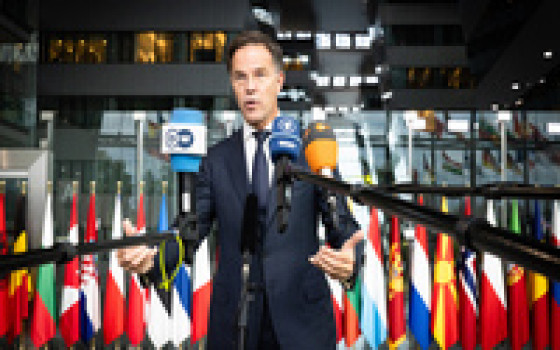
The first meeting of NATO defense ministers under the leadership of the new Secretary General of the Alliance.. Pledge to continue supporting Ukraine

- Europe and Arabs
- Thursday , 17 October 2024 15:6 PM GMT
Brussels: Europe and the Arabs
This morning, at NATO headquarters in Brussels, the work of the two-day meeting of the defense ministers of the alliance's member states began. It is the first of its kind to be held under the chairmanship of the new Secretary General, the Dutchman Mark Rutte, who made statements before the opening session of the meeting, saying, "Today, as you know, we will have the first opportunity to also welcome our partners from the Indo-Pacific region. New Zealand, Australia, Japan, South Korea, and this is the first time they are participating in a meeting of defense ministers. The European Union is also here today, and this is important because we really want to communicate and work closely with all our partners, and the European Union, as you know, is a very important partner.
We will try to start the discussion, based on what we did, for example, at the summit in Washington, to deepen this relationship and also push it forward in areas such as innovation, how we can work together in the production of industry, how we can work together in the fight against cybercrime and so on, and of course hybrid threats. So all of this will be discussed, without a doubt, this afternoon.
Later today, I will have the honor of welcoming President Volodymyr Zelensky here in this The building. This will be my third opportunity to sit down with him after my visit to Kyiv two weeks ago and my meeting last week in London with the Prime Minister Keir Starmer. We spoke by telephone, so it’s very good to have him here to talk about what’s happening now in Ukraine but also to update him on the great progress that NATO is making on what we decided in Washington. The pledge, as you know, $20.9 billion, is now in the pocket for the first half of this year and we’re well placed to deliver the full $40 billion by the end of this year.
I was in Wiesbaden on Monday at the command that’s being set up, the NSATU, which will bring together many aspects of our support to Ukraine in a coordinated way. So I’ll update him on that.
And of course on all the efforts that are underway to make sure that we continue to support Ukraine for the long term, if necessary. And that’s our message to Putin. We’re in this, if necessary, for the long term. Obviously we want to be in a place where Zelensky and Ukraine, from a position of strength, can start talks with Russia but until that point he can count on continued support and Putin cannot count on us to give up that support. “We will continue to do this and this is what we are all committed to. This is what I hear constantly in all my conversations in the Alliance.
I also welcome the announcement that the United States made yesterday, they have already pledged of course $8 billion, and very concretely yesterday they pledged almost half a billion dollars for air defense and other assistance to Ukraine. I welcome the Australian announcement yesterday about tanks, which will go to Ukraine. All of this is good news. There were many other announcements. I will not go through the whole list but these were some of the big ones that I wanted to mention this morning.
In response to a question about the minimum capability requirements. And that Germany is not able to meet these requirements. How will it deal with that?
The NATO Secretary General said: Well, don’t forget the speech that Olaf Scholz gave to the Bundestag, basically at the weekend, on Saturday or Sunday after the full Russian attack on Ukraine. Obviously the entire Alliance has to work hard to make sure that we are meeting the objectives, that we are closing the gaps. Today we are ready to defend NATO territory against any threat, but we want to We are making sure that we will be there in the future as well. That means work by Germany, the Netherlands, France, the United Kingdom, the United States, all 32 partners who will work hard to make it happen. But here, the pledge of 100 billion euros made by Olaf Scholz was a significant moment in Germany’s history. And I would really like to pay tribute to him once again for that particular moment.


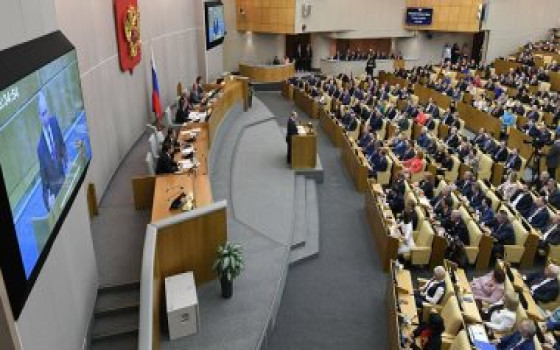
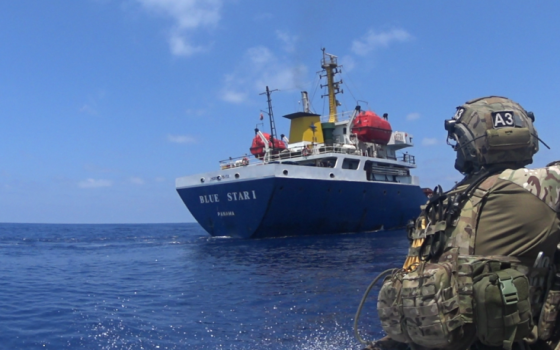
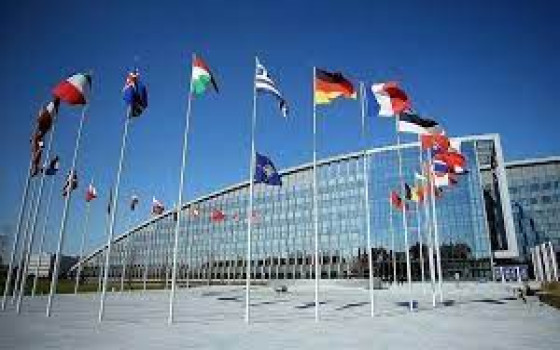
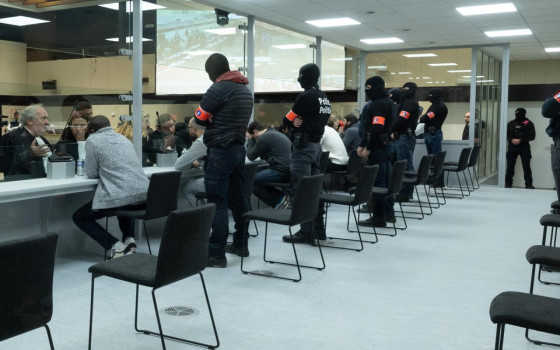
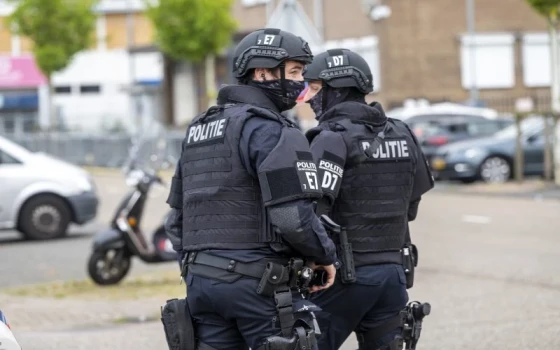
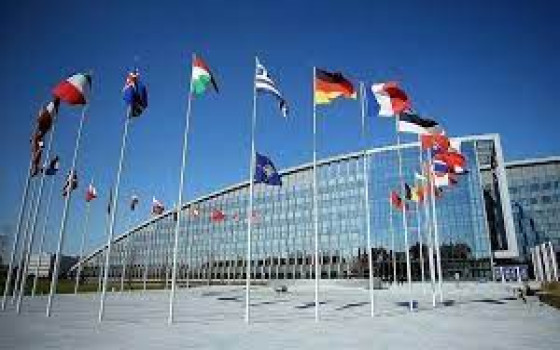
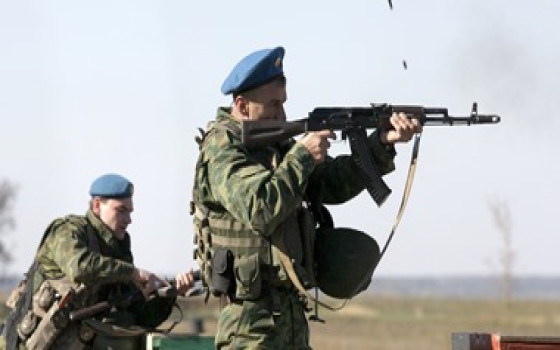
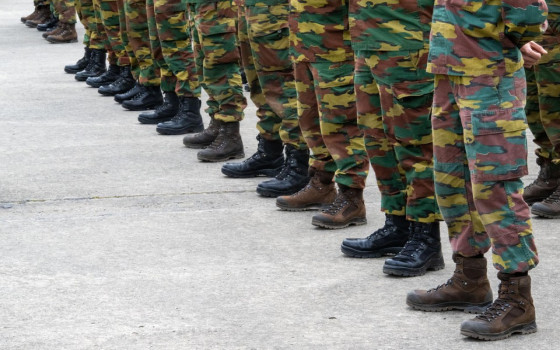

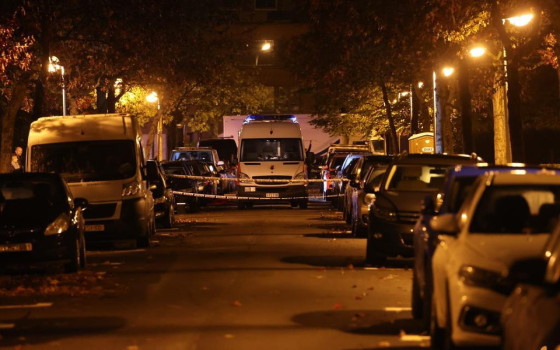
No Comments Found